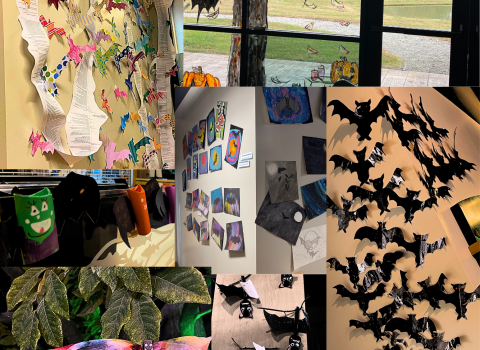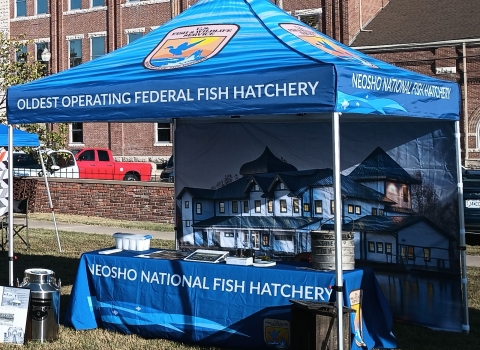The U.S. Fish and Wildlife Service is proposing to delist the Braken Bat Cave meshweaver from the Endangered Species Act (ESA), due to taxonomic revision of the species. A 60-day public comment period will begin upon publication of this proposal in the Federal Register.
The Braken Bat Cave meshweaver is a small, cave-dwelling spider that was found to inhabit caves in western Bexar County, Texas. Since it was first described in 1992, the species has been found in only two caves – one located on a highway right-of-way and one located on private property (not to be confused with Bracken Bat Cave near Garden Ridge).
In 2000, the Braken Bat Cave meshweaver and eight other Bexar County karst invertebrate species were listed as endangered under the ESA due to restricted distribution and threats from urban development. Based on the results of genetic and morphological studies, in 2018, researchers “synonymized” the Braken Bat Cave meshweaver with the Madla Cave meshweaver, meaning that they are the same species.
Because the Braken Bat Cave meshweaver no longer meets the definition of a species under the ESA, the Service is removing this listed entity from the ESA. However, because individuals previously attributed to this species have been synonymized with the endangered Madla Cave meshweaver, they will continue to remain protected under the ESA.
There is currently one unit of critical habitat designated for Braken Bat Cave meshweaver surrounding the area around Braken Bat Cave, which would be removed with the species’ delisting. This unit, however, will remain designated critical habitat for an endangered beetle that also occurs in the area, the Rhadine infernalis.
The Service’s findings are based on the best available science and include input and review from academia, state agencies, species experts and others. This conclusion has been supported by the scientific community, including the World Spider Catalog.
The Service will accept comments received or postmarked by or before November 29, 2021. For more information on these proposals, what to comment on, or how to submit comments, see the Federal Register.
America’s fish, wildlife and plant resources belong to all of us, and ensuring the health of imperiled species is a shared responsibility. We are working to actively engage conservation partners and the public in the search for improved and innovative ways to conserve and recover imperiled species.


